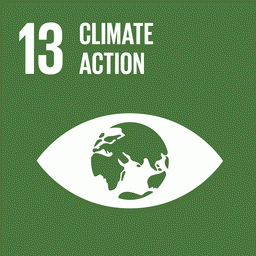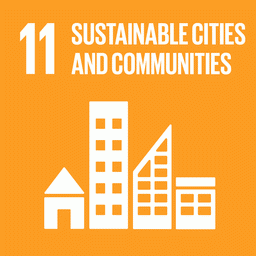By Camila Santana and Mariana Abuchain*
IPAM (Instituto de Pesquisa Ambiental da Amazônia) presented the study “Bioeconomy and Amazonian Sociobiodiversity: a potential axis for the integration of Pan-Amazonian countries”. The study, in partnership with IICA(Inter-American Institute for Cooperation on Agriculture), provides recommendations and instruments to support these actions and policies in the region. The launch took place on Wednesday (08/05) and was attended by representatives from 24 institutions.
Presented as a window of opportunity for the region, the bioeconomy has gained space and relevance in various sectors aimed at transitioning from the current production model. In this sense, the bioeconomy is understood as the economic basis for materials, chemicals and energy that are derived from renewable biological resources.
IPAM’s deputy research director, Patrícia Pinho, stressed during the launch that the bioeconomy can be an instrument to support the paradigm shift towards sustainable development, which brings environmental and ecological resilience. “It is emblematic that we are launching this study at a time when we are seeing Rio Grande do Sul suffering the impacts of an unprecedented climate crisis in the state. A crisis that has also become humanitarian,” he said.
Pinho emphasized the importance of the Amazon and how the bioeconomy presents itself in the region as a sustainable alternative. The director recalled that 10 million people in the Amazon have suffered from two to three extreme weather events. “Droughts that used to occur every 100 years are returning every three to five years,” she said.
The president of Embrapa (Brazilian Agricultural Research Corporation), Silvia Massruhá, highlighted the importance of the IPAM study. “In less than a year, we have made enormous progress [through the study] on the issue of bioeconomy and socio-biodiversity in the Amazon. Now we must organize ourselves to integrate the Pan-Amazon countries,” she said, adding that the work can help institutions in this task.
“At the same time as the bioeconomy in Panamazon must be dealt with from a territorial and landscape perspective, it must also be seen from the perspective of building public policies and governance structures, private initiatives and civil society, which foster the potential and development of bioeconomic practices in the region,” pointed out IPAM researcher and study coordinator Olivia Zerbini.
Ecological, social and climate benefits
According to Patrícia Pinho, the bioeconomy is already being consolidated in different regions of Panama. For her, it is essential that there is inclusive, participatory, coordinated and integrated action between the Amazonian countries. “The involvement of different actors guarantees not only regulation and data generation, but also the creation of a context that ensures environmentally, socially and economically sustainable development in a climate crisis scenario,” she explained.
The study can be accessed here.
The event was attended by Hugo Chavarria, Manager of Innovation and Bioeconomy at the Inter-American Institute for Cooperation on Agriculture (IICA); Vanessa Grazziotin, Executive Director of the Amazon Cooperation Treaty (OTCA); Silva Massruhá, President of EMBRAPA; Carina Pimenta, Secretary of Bioeconomy at the Ministry of the Environment and Climate Change (MMA); the general coordinator for socio-biodiversity at the Ministry of Agrarian Development and Family Agriculture (MDA), Tarcila Portugal; the assistant secretary for management, water resources and climate of the Pará State Government – Secretariat for the Environment, Raul Protázio Romão; and the executive secretary of the Legal Amazon Consortium, Marcelo Brito.
The document was coordinated by Patrícia Pinho (IPAM) and Gabriel Delgado (IICA) , with the participation of Olivia Zerbini (IPAM), Ariane Rodrigues (IPAM), Hugo Chavarría (IICA), Cristina Costa (IICA), Edwin Prado (IICA), Paulo Moutinho (IPAM) and Christian Fischer (IICA).
*Communication analyst and IPAM intern


